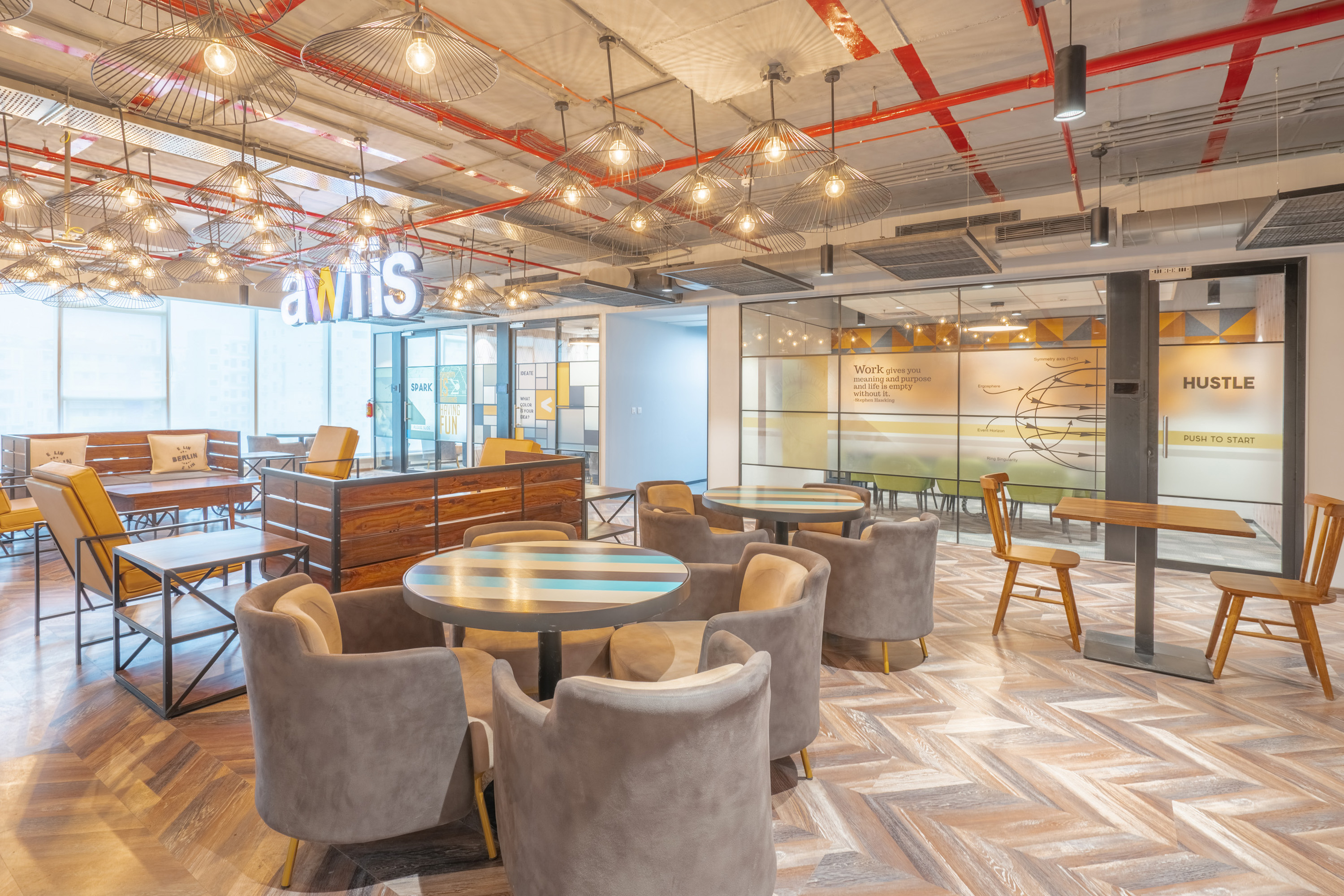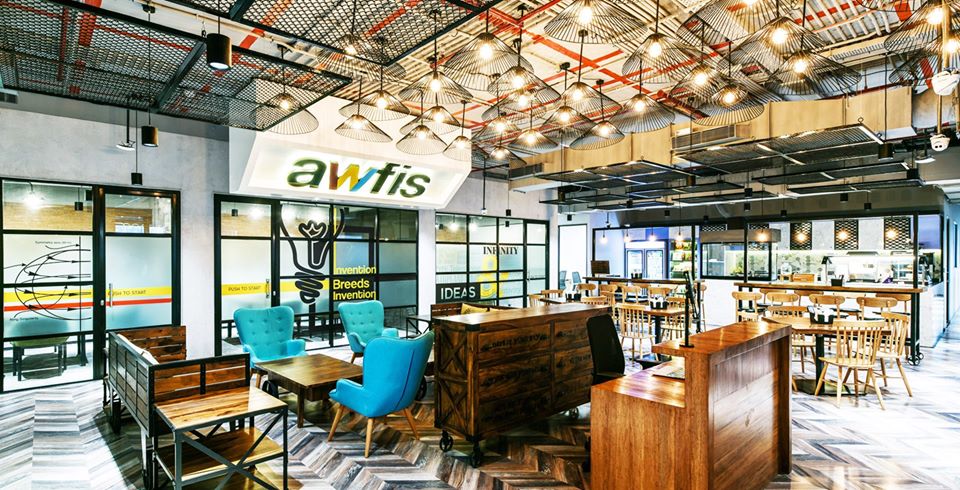The modern workplace has evolved dramatically, giving firms numerous alternatives for how and where they can function. From the rise of coworking spaces to the longstanding popularity of traditional offices, the decision between the two is mainly dependent on a company’s individual needs and goals.
In this blog, we’ll look at the coworking vs traditional office configurations, as well as their respective benefits, to help you decide which choice is ideal for your business.
Understanding Coworking Spaces
Coworking spaces are adaptable, community-driven workspaces that gather professionals from a variety of businesses under one roof. These places are intended to promote collaboration, innovation, and networking possibilities.
The benefits of coworking are numerous, particularly for startups, freelancers, and small businesses seeking cost-effective but creative office solutions. Hot desking, meeting rooms, and high-speed internet are available, which eliminates the need to manage office infrastructure.
Furthermore, coworking spaces offer a wide range of demands, including communal desks, private cabins, and whole team workspaces. This flexibility is why the debate of coworking vs private office resonates with businesses seeking agility in their operations.
Understanding Traditional Offices
A traditional office is a designated space rented or controlled by a single organization. It offers a regulated and private environment adapted to the company’s specific needs.
These offices frequently need a long-term commitment and up-front fees for rent, utilities, and maintenance. While private offices provide exclusivity and branding opportunities, they may be less adaptable and cost-effective than coworking spaces.
For businesses considering coworking vs traditional office, Traditional setups are often selected by larger firms or businesses that require sensitive data management or an organized, hierarchical design.
Key Differences Between Coworking and Traditional Offices
Understanding the key differences between coworking vs. private office setups can help you make an informed decision:
1. Flexibility
- Coworking spaces: Very flexible, allowing firms to scale up or down without long-term obligations. This is particularly advantageous when considering coworking vs home office setups.
- Traditional offices: Require set leases, which make it difficult to adjust to changes.
2. Cost Efficiency
- Coworking spaces: Provide pay-as-you-go models that include utilities and services at a single cost. This is one of the most compelling benefits of coworking
- Traditional offices: Include higher upfront costs for furnishings, IT setup, and ongoing upkeep.
3. Networking Opportunities
- Coworking spaces: Promote collaboration by bringing together professionals from various businesses. In the debate of coworking vs private office, this is a significant advantage.
- Traditional offices: Offer solitude but inhibit networking within the firm.
4. Customization
- Coworking spaces: Have limited branding and personalization options.
- Traditional offices: Are completely customized to represent the company’s character and culture.
5. Maintenance and Management
- Coworking Spaces: Managed by the supplier, which relieves enterprises of operational hassles.
- Traditional offices: Require the company to manage all maintenance and operations.
6. Work Environment
- Coworking spaces: Offer a vibrant and flexible environment with chances for collaboration and community engagement.
- Traditional Offices: Provide a disciplined and private environment appropriate for enterprises that require concentrated workflows and exclusivity.
Which Option Is Right for Your Business?
Choosing between coworking vs traditional offices is mostly determined by your business objectives, team size, and operational requirements.
Consider coworking spaces if:
- You’re a startup, freelancer, or small business seeking for budget-friendly solutions.
- You need the ability to scale your staff or work locations.
- Networking and collaboration are key components of your growth strategy.
- You want to escape the hassle of maintaining office infrastructure.
Consider traditional offices if:
- You need a private and secure workstation for important procedures.
- Your company is established and able to commit to long-term leases.
- The branding and personalization of your office are top objectives.
- You prefer a structured environment for large groups.
The ultimate choice of coworking vs home office or coworking vs private office depends on the nature and goals of your business.
Conclusion
The choice between coworking vs traditional offices comes down to what best corresponds with your company’s mission and requirements. If you value flexibility, cost savings, and networking opportunities, a coworking space may be the right fit for you. On the other hand, if exclusivity, control, and customisation are your top concerns, a traditional office may be more appropriate.
Awfis provides the best benefits of coworking, with unrivaled flexibility, cutting-edge features, and thriving communities. Explore Awfis’ creative workspace solutions to find the best match for your company. Whether you pick a coworking space vs traditional office, the end goal is to create a productive, stimulating atmosphere in which your company and workers may thrive.
Are you ready to make the switch? Visit Awfis to discover the dynamic workspace.




